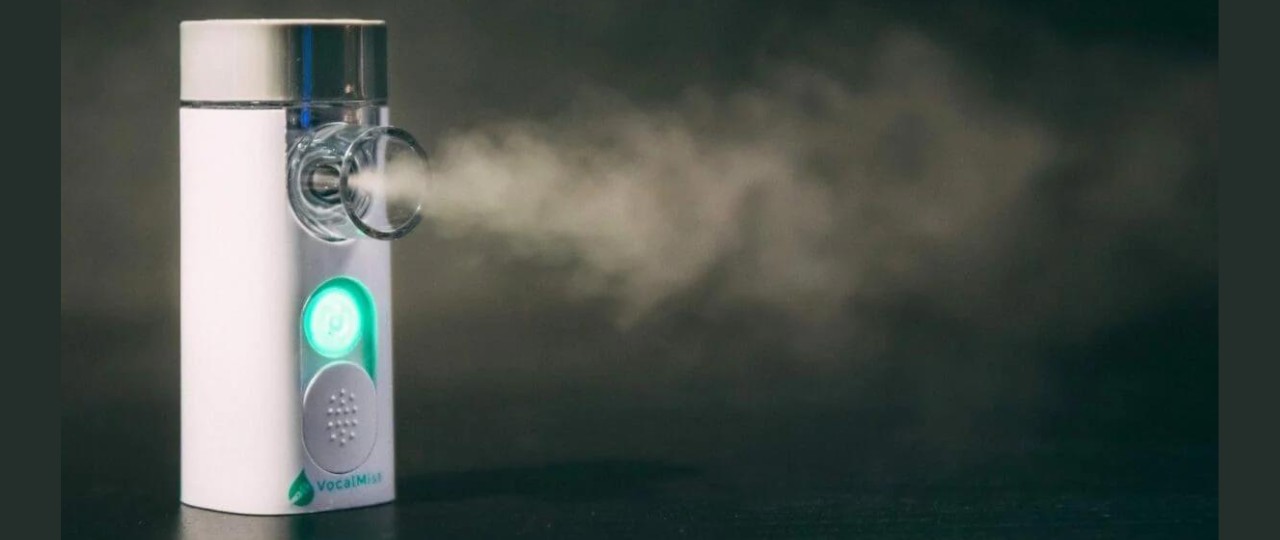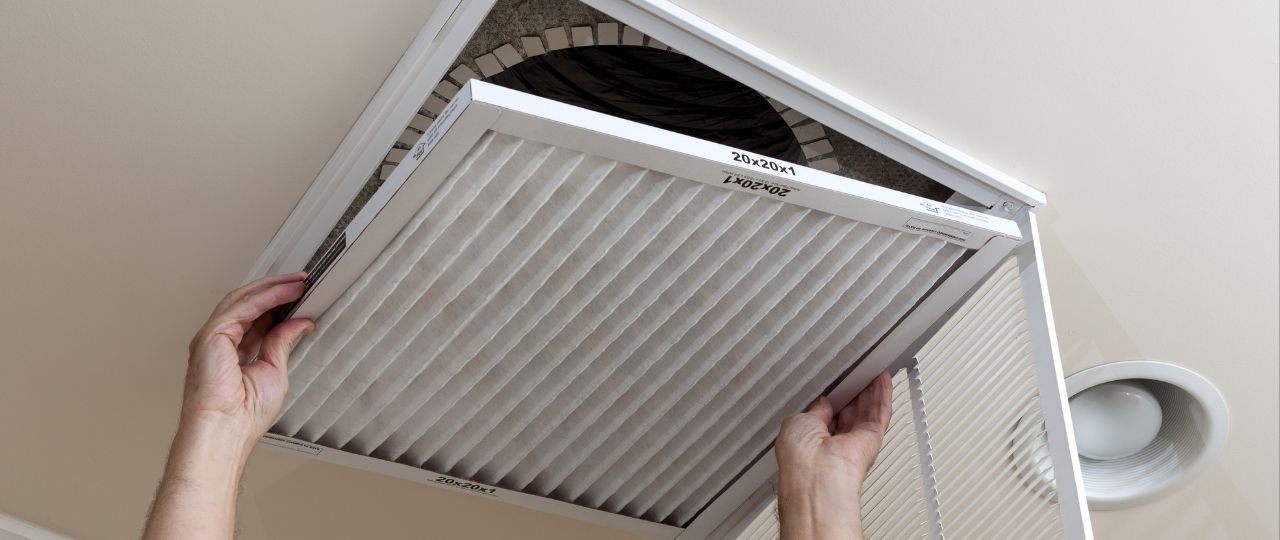Regulating vocal cord mucus levels is an important part of voice training. Excess mucus can prevent a voice from performing well, render singing practice unproductive, and potentially lead to vocal damage.
Keep in mind, however, that a healthy level of mucus is desirable, as it helps to keep the vocal cords lubricated. Notably, the vocal cords can vibrate hundreds of times per second! This vibration happens most efficiently when the vocal cords are wet and slippery.
What Causes Mucus in the Throat?
The surface layer of the vocal cords contains mucosa, which produces lubricating mucus. A healthy amount of mucus on your vocal cords helps to prevent abrasion. In other words, the vocal cords need mucus to prevent them from scraping against each other and causing tissue damage.
Mucus vs. Phlegm
The respiratory tract, which houses the voice box, produces mucus and phlegm. Essentially, they’re the same thing. However, mucus is usually considered a normal protective layer, and phlegm is seen as a thick secretion associated with a virus or disease.
While this mucus production is healthy and normal, if you feel that you have too much mucus, it might be a good idea to see a doctor. However, there are several things you can do to deal with all that mucus as well as protect your vocal health, as well as one big thing that you should avoid:
Protect Your Vocal Cords: Stop Throat Clearing
While it may be tempting to clear your throat every time you feel like you have excessive mucus, habitual throat clearing can actually create a vicious cycle that damages your vocal cords and encourages even more mucus production.
Instead of throat clearing, here are some techniques that have helped our students to clear excess mucus from their vocal folds as well as protect their singing voice and prevent further vocal problems down the line.
10 Steps to Decrease Vocal Mucus

1. Drink more fluids, especially warm ones.
Water and herbal tea are great for making stubborn mucus in the throat make its way out. Try alkaline water with a pH greater than eight, and make sure not to fill your tea with added sugar and cream.
However, beware of beverages with added sugars, tons of caffeine, dairy, and high acidity. These can all lead to more mucus production.

2. Use a nebulizer with an isotonic saline solution.
Did you know the water you drink doesn’t touch your vocal cords? If it did, water would go down into your lungs! The trick for cleansing excessive mucus from your vocal cords using water is to inhale it as a mist.
Here’s my favorite nebulizer for singers: myvocalmist.com (not an affiliate link). For best results, use this every day, 15 minutes before singing. This product not only helps to cleanse excess mucus but also hydrates the vocal tract.
Fast-Track Your Vocal Development
with our VIP Membership

VIP Membership includes:
Exclusive Facebook Group
- Live Warmups Weekly
- Interact with our vocal coaches - ask them YOUR questions
- Archive of 200+ Warm Ups
Masterclasses and Retreats
- Monthly Webinars with Brett Manning, his coaches, and guests
- Exclusive discounts on our Music Industry Retreats
Our Systematic Vocal Training Programs
- Singing Success 360 - The FULL Comprehensive Course
- Mastering Mix
- Mastering Vibrato
- Mastering Harmony
- Range Builder
- Vocal Hacks
- Vocal Therapy
- How to Sing Rock
- SS360 - Quickstart
- Many more coming soon!
Plus... exclusive content only found here all along the way!
You can struggle alone or get direct access to the Nashville coaches who have launched some of the biggest names in the music industry.
3. Protect your cilia! (Avoid Smoking)
Cilia are tiny hair-like structures in the lungs that help to move mucus. Smoking damages cilia, thus rendering these structures incapable of clearing out mucus.
4. Clean up your diet.
While food sensitivity varies from one person to another, a diet full of processed foods, dairy products, excess sugar, and alcohol is often a large cause of excess mucus.
5. Humidify your air.
It may sound surprising, but dry air can cause a buildup of thick mucus in the throat as your body tries to humidify air before it enters your lungs. Running a humidifier in your room while you sleep can be a game-changer for your mucus levels.
6. Change your air filter.
Air filters help to remove mold, dust, and other contaminants from the air in your home. Invest in a high-quality filter to get the best results. Make sure you stay on top of replacing air filters at the proper times.

7. Reduce exposure to allergens.
Allergens irritate the mucous membrane in the respiratory tract, which often causes an overproduction of mucus. Everything from pollen to cat dander can cause excess mucus in the throat.

8. Manage acid reflux. Beware of silent reflux.
Acid reflux is a common source of excess mucus in the throat. Check out leading acid reflux researcher Dr. Jamie Koufman’s article for singers here.
Singers often say they have no issue with acid reflux and yet have no idea about silent reflux, also called laryngopharyngeal reflux (LPR). Interestingly, many of these singers will express symptoms congruent with a reflux issue!

9. Beware of medications.
While they are too many to list, countless medications can cause a buildup of thick mucus in the throat. Ironically, many singers report that drying medications can make the issue worsen. Ask your doctor or pharmacist if your medications may be causing this and what you can do to mitigate its effects.
Accutane, for example, often causes extreme dryness, which leads to excessive mucus production. Using a humidifier, increasing water intake, herbal teas, avoiding caffeine, and other natural remedies can help combat the medication-induced mucus problem.

10. Avoid overusing your voice.
Vocal inflammation from overuse causes mucus to build in the throat. In general, singers should make lifestyle sacrifices in order to preserve the voice in a healthy and relaxed state. This means no shouting at events, not trying to speak in loud environments, etc.
One Step at a Time
In order to avoid burnout, don’t try changing too much at once. The best thing any singer can do for their voice is to never stray off the path of improvement. If this list has revealed multiple items that need change in your life, change one at a time, maybe one or two per week. Every small step makes a difference!
Benny Meza is a Master Associate at Brett Manning Studios in Nashville, TN. He’s taught over 9,000 vocal lessons and has worked with clients from Warner Music, RCA, Universal Music Group, and many others.










